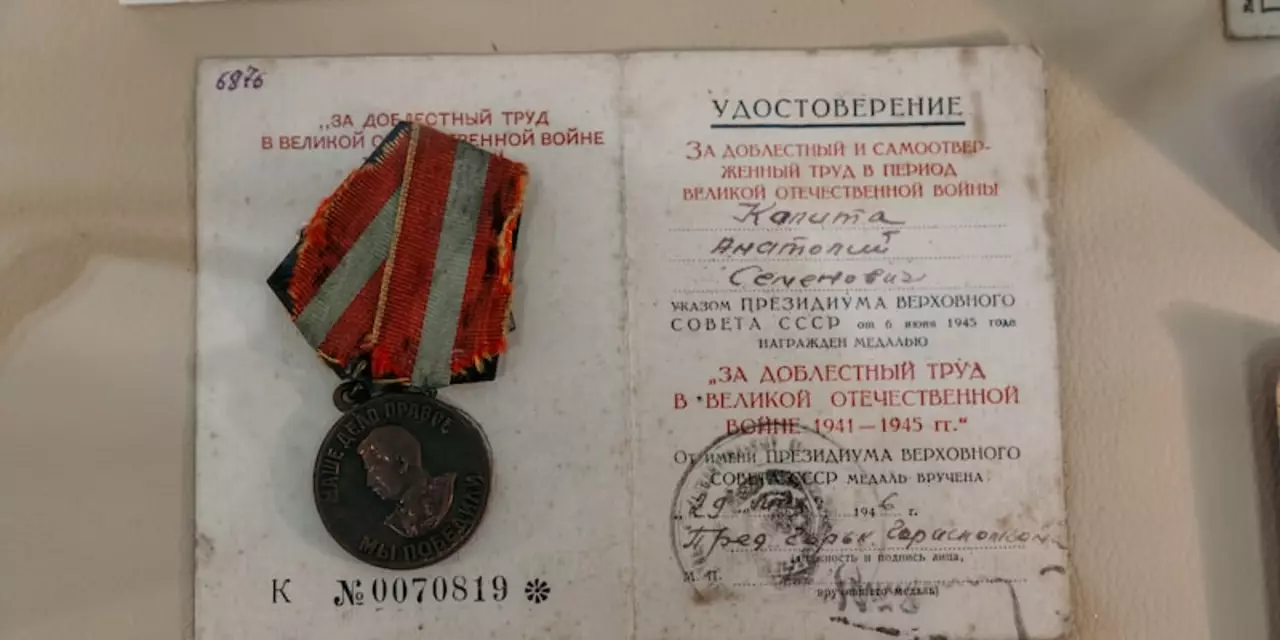NRI Certificate: What It Is and Why You Need One
If you’re an Indian living abroad, you’ve probably heard of an NRI certificate. It’s a simple document that proves you’re a Non‑Resident Indian. Banks, government offices, and even some employers ask for it to confirm your status.
When Do You Actually Need an NRI Certificate?
Typical reasons include opening an NRI bank account, applying for a property loan in India, or filing taxes as an NRI. Some consulates also require it for passport renewals or visa extensions. Basically, any time you need to show that your tax residency is outside India, you’ll reach for this certificate.
How to Apply for an NRI Certificate
The process is straightforward. First, gather a copy of your passport, proof of overseas residence (like a utility bill or lease), and a recent photograph. Next, visit the nearest Indian embassy or high commission. Most missions have an online portal where you can upload the documents, pay a small fee, and schedule an appointment. After a short verification, they’ll issue the certificate—usually within a week.
If you’re already in India, you can also apply through the Ministry of External Affairs portal. Log in, fill out the NRI status form, upload the same documents, and submit. The online system generates a PDF that you can download instantly. Some states also accept the e‑certificate for local purposes.
Double‑check the name spelling and address details before you submit. A tiny typo can delay the whole thing, and you’ll end up waiting longer than necessary.
Once you have the certificate, keep both a digital copy and a printed version. Most banks will ask for the original, but the PDF works fine for most government forms.
Need the certificate for a property transaction? Many real‑estate agents in India ask for it upfront. Show them the PDF, and they’ll usually accept it without any hassle.
One common mistake is trying to use an old NRI certificate after you’ve moved back to India. The document is only valid while you remain a non‑resident, so if you’ve returned, you’ll need to switch to a regular residency proof.
What about fees? They’re relatively low—usually under $30. Some embassies waive the fee for senior citizens, but it’s best to check the specific rules for your location.
After you receive the certificate, you might wonder what to do with it. The best practice is to store it in a safe folder—both physically and in cloud storage—so you can access it whenever a bank or authority asks for proof.
In short, the NRI certificate is a handy piece of paperwork that smooths out many cross‑border financial and legal tasks. Get it early, keep it safe, and you’ll avoid a lot of back‑and‑forth later on.
